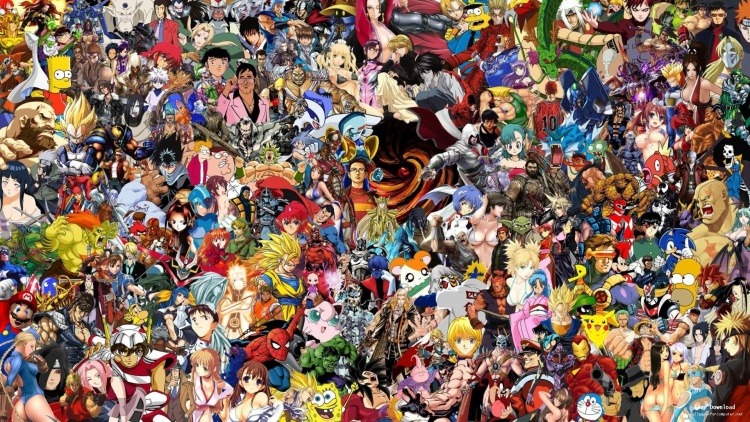
“If you are passionate enough about something, you will make money off it”
This is an axiom that rings true in most aspects of life. It is what encouraging parents tell their children when they show exceptional flair in the arts. This is because the arts do not offer immediate gratification that all can see and touch rather, its worth lies in personal appreciation. Put simply, choosing the arts as a profession is not a safe bet in the current African environment. There is a greater appreciation for science.
Another profession that shouldn’t even be in the conversation is gaming however, the worldwide Esports market is just a little off 10 billion dollars. The Gaming industry has garnered profit that go into the billions and in 2015, the number of people playing games exceeded the number of people watching movies worldwide.
Child’s Play Has Become A Lucrative Industry.
South Korea was the first country to take it serious with its government establishing the Korean e-Sports Association in the year, 2000. This association is an arm of the Ministry of Culture, Sports and Tourism. The high rate of unemployment had pushed the youth to taking leisure as work. A potent mixture of Gaming arenas and Blizzard’s addicting StarCraft played a huge role in the competitions that resulted.
The video games market alone is expected to be worth over 90 billion dollars by 2020, from nearly 78.61 billion in 2017, and that excludes all other forms of gaming. What was a community affair became regional and now, is international. The Olympics are seriously considering adding Esports to their games, Gaming events are attended by thousands and streamed by millions. Twitch, a game streaming website has become the fourth highest visited website in 2018.
More facts and figures. But what does this say?
It says the paradigm shift is clear, the world is changing but Africa is nowhere to be found in the ruckus. South Africa seems to lead the pack with a budding scene and is predicted to generate at least 15million dollars at the end of 2018. Amazing talents no doubt would have come out of the bustling towns of Johannesburg and Cape Town but in a sport that is determined by timing as much as skill and highly dependent on reflex and reactions. Seamless internet is a must-have, a dedicated server is necessary and since most Game Publishers don’t find it lucrative to invest in the African market, it is near impossible to compete in world class matches.
Unlike South Africa, the Nigerian eSports environment is still in its infancy. The African Gaming League tries its best to revitalize the culture with competitions on the latest FIFA installments but as it stands, it still remains a labour of love. There are quite a few mobile developers present in the country, developers like Kuluya, Gamesole and ChopUp but none have actually found commercial success yet. Spear headers have been pumping their own cash in it but have made nothing back. It is important to point out a contradiction in the way things are being run over here in Africa; sponsors and brands avoid gaming like a plague, yet they desperately want to connect with the youth.
This attitude is borne from a mindset we have held for years. In most African societies, Gaming is seen as an activity for kids, an unproductive pastime restricted to the children and if played by someone older, then it is a sad case of arrested development. It seems a logical sentiment that the gaming culture has no space for the low ebbs that come with maturity — depression, societal pressure and financial responsibility. In fact, gaming is a way to get away from all that jazz and this is why an email to the Ministry of Sports requesting we develop an arm for eSports would be ignored and media houses would refuse to air competitions as they happen. Gaming is leisure and hoping to get paid for doing something leisurely detracts from the blueprint of life. Hard work makes money.
However, the rug is getting swept off under our feet. There is a current Fortnite craze that we have missed out on, multiplayer culture is dead, Call of Duty Black Ops 4 and Fallout 76 are solely online, absolutely inaccessible to the Nigerian market and these titles have set the precedence for others to follow suit. Another Olympics beckons and although, Africans would love to see their flags held high in these sports, it seems unprepared to make the needed sacrifices. eSports worldwide is a budding phenomenon and it would be a huge mistake to allow the train to zoom past before we wear our socks and dust our shoes. It would be a huge mistake to ignore the ride now to play catchup later.
Play a game or invest in one. Now